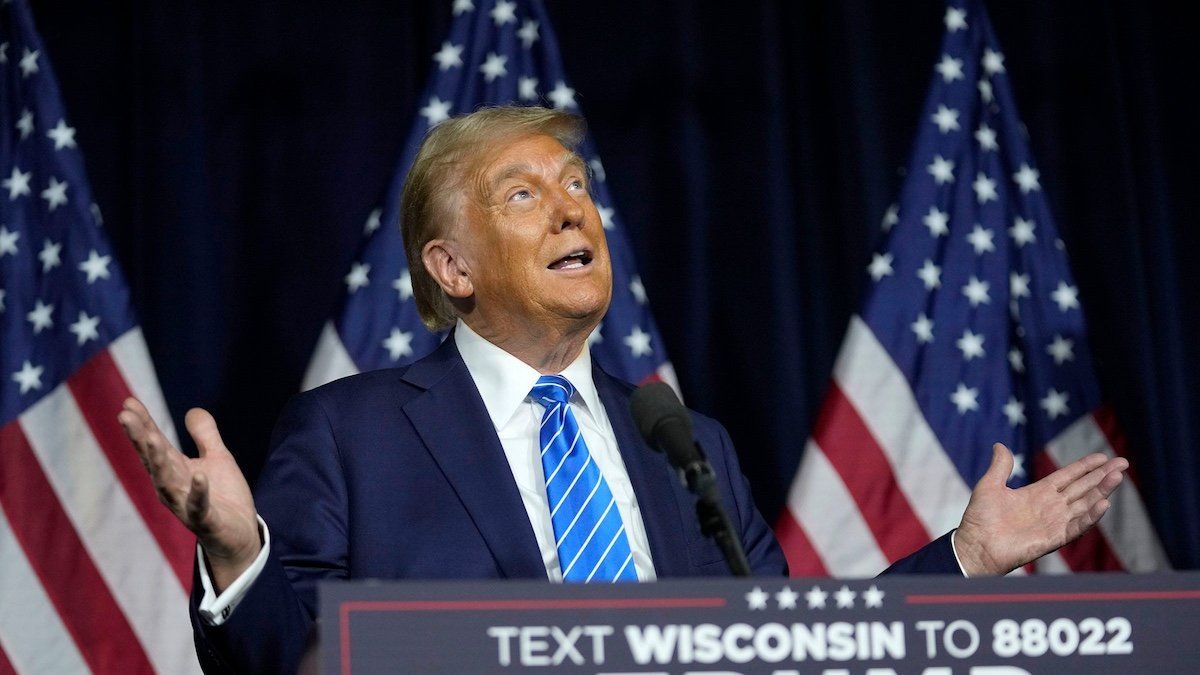Trump’s Jan. 6 acts were personal, not presidential, prosecutor argues
In a court filing unsealed on Wednesday, special counsel Jack Smith said Donald Trump “resorted to crimes” in an effort to retain power despite losing the 2020 election, including pressuring then-Vice President Mike Pence not to certify electoral votes. Smith is trying to persuade Judge Tanya Chutkan that the former president’s actions were of a personal nature, and thus don’t fall under the sweeping protections for presidential acts the Supreme Court granted earlier this year.
The unsealed documents recount a Nov. 12, 2020, meeting between Trump and Pence where the vice president attempted to deflect pressure from Trump by offering avenues for deescalation and a peaceful transfer of power. “Don’t concede but recognize the process is over,” Pence told him, urging Trump to instead run again in 2024. According to the filing, Trump replied that he was not willing to wait.
If Smith is successful, the acts in question may remain a part of the indictment against Trump as the case moves forward. If not, the government has a harder case to make. Either way, there will be no resolution before the November election — and if Trump wins, well, all bets on Smith’s case are off.
